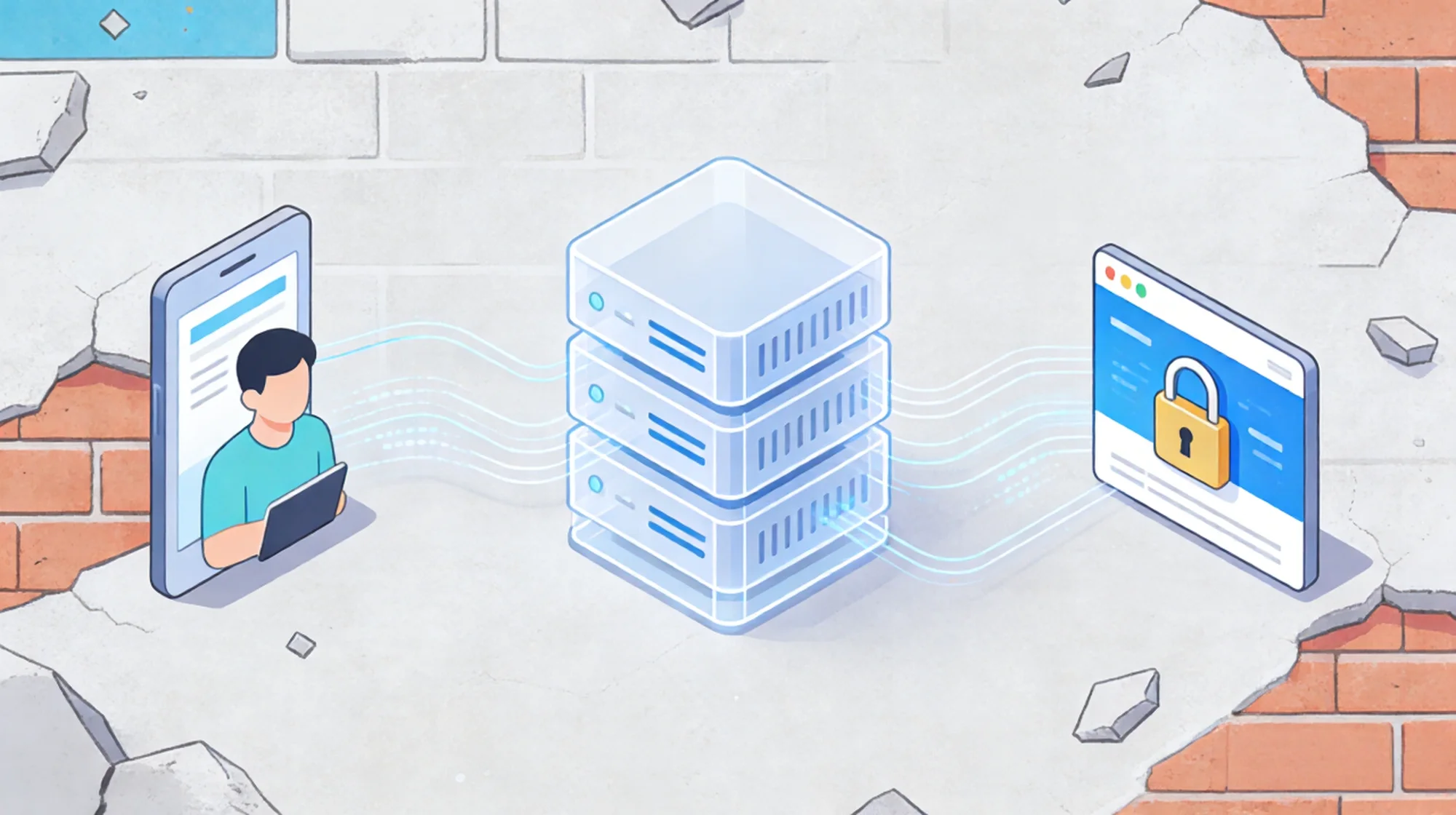In modern online operations, proxy IPs have become essential tools for protecting privacy, improving access efficiency, and bypassing geographic restrictions. Whether you are performing data scraping, account management, cross-border e-commerce, or advertising campaigns, proxy IPs can provide both security and flexibility.
However, many users are still unclear about the differences between two common types of residential proxies: dynamic residential proxies and static residential proxies. This article will break down their concepts, features, use cases, and selection strategies, helping you make the most suitable choice.

What Are Dynamic Residential Proxies?
Dynamic residential proxies are proxies whose IP addresses automatically rotate after a certain time interval or each request. They rely on real residential network nodes, which rotate IPs to enhance anonymity.
Key Features of Dynamic Residential Proxies
- High Anonymity Every time you access a website, a dynamic residential proxy may assign a different IP, making user behavior difficult to track—ideal for operations requiring frequent identity changes.
- Reduced Ban Risk For bulk data scraping, web crawling, or frequent visits to restricted websites, rotating IPs can effectively prevent bans.
- High Flexibility Dynamic residential proxies are suitable for short-term projects or large-scale operations, allowing flexible scaling of IP usage according to business needs.
Use Cases for Dynamic Residential Proxies
- Data scraping and web crawling: Ensures tasks run smoothly for e-commerce, news, and social platforms.
- Cross-border e-commerce price monitoring: Avoids access restrictions caused by repeated requests from the same IP.
- Managing multiple social media accounts: Reduces the risk of account bans and improves management efficiency.
Advantages of Static Residential Proxies
Unlike dynamic proxies, static residential proxies maintain a fixed IP during usage. This stability is crucial for certain business scenarios.
Key Features of Static Residential Proxies
- Stable IPs Users can bind an IP long-term, which is useful for identity verification or long-term account operations.
- Consistent Access Fixed IPs provide stable connection speed and quality, reducing interruptions caused by frequent IP switching.
- Better Compatibility Platforms with strict security policies are easier to access with static residential proxies, as the system does not detect frequent IP changes.
Use Cases for Static Residential Proxies
- Long-term e-commerce or social media account management: Fixed IPs help build credibility and reduce abnormal login risks.
- Corporate system access: Ensures stable access and consistent permissions.
- High-demand web scraping tasks: Suitable for tasks requiring fast and stable access to specific websites.
How to Choose Between Dynamic and Static Residential Proxies
Choosing a proxy type depends on your business needs and scenarios:
| Needs | Recommended Proxy |
| High anonymity, short-term or bulk operations | Dynamic Residential Proxy |
| Long-term projects, fixed identity | Static Residential Proxy |
| Mixed requirements | Combination of Dynamic + Static Proxies |
When selecting a proxy service, consider IP quality, coverage, and stability. Using a reliable proxy provider like IPHALO, which offers both dynamic and static proxies, can give you flexibility and ensure stable, efficient operations.
Benefits of a Hybrid Approach
For complex business scenarios, combining dynamic and static residential proxies can maximize efficiency:
- Use static proxies for critical tasks to ensure stability and identity consistency.
- Use dynamic proxies for routine bulk operations or scraping tasks to improve efficiency and reduce ban risks.
- Adjust the ratio of dynamic vs. static proxies according to workload for optimal cost-performance balance.
This strategy is especially useful for cross-border e-commerce, advertising, and data analytics.
Summary
From this analysis, we can see:
- Dynamic residential proxies excel in high-frequency, high-anonymity scenarios like data scraping, social media management, and short-term projects.
- Static residential proxies are ideal for long-term, stable access requirements, such as account operations, corporate system access, or high-demand web scraping.
- Choosing the right type or using a hybrid approach can maximize the value of your proxy IPs.
No matter which type you choose, combining it with a reliable proxy service platform, such as IPHALO, ensures efficiency, security, and stability in your online operations.







